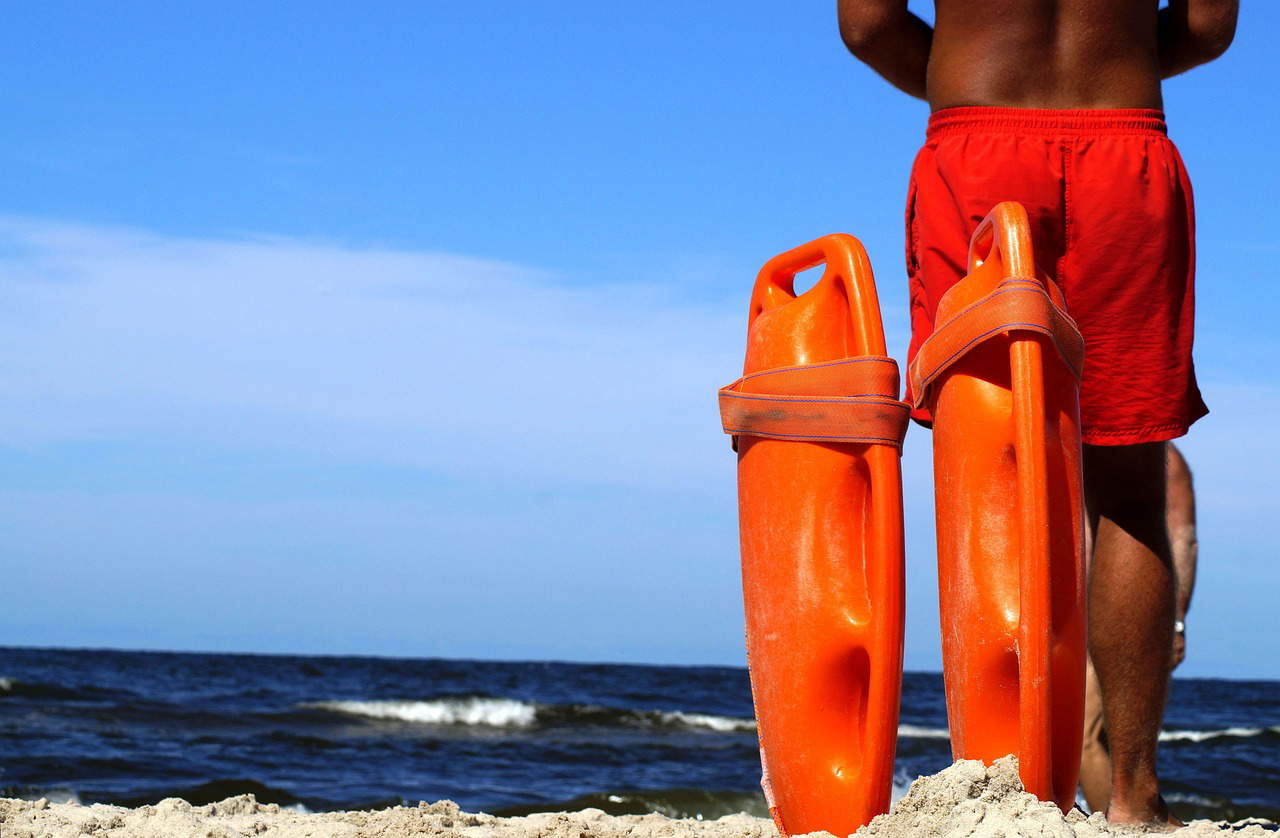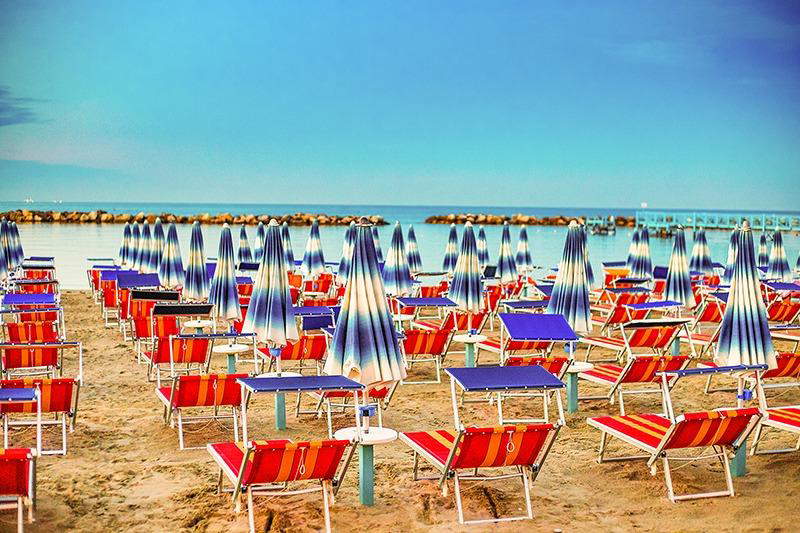“280,000 workers are missing in Tourism!” This was the alarm raised by Confcommercio in April this year, which already recalculated how many employees would be needed for the upcoming summer season. The Fipe(Italian Federation of Public Establishments) estimates a lack of personnel at around 350 thousand, Unioncamere 220 thousand, and Confesercenti, on the other hand, puts the number of employees that cannot be found at 100 thousand. Tourism is doing so well that in order to manage the volume of incoming flows to our country there is a lack of personnel: it seems a paradox, but in the face of the many unemployed there are businesses that cannot find workforce. An alarm that has been a constant since Covid. In fact, the Citizenship Income and the pandemic have triggered a number of reactions around the world including demanding more from one’s life in terms of time and quality of work experience. The debate that has been going on for a year now is well known and has two angles from which to look at it: that of the entrepreneurs who say that “people don’t want to work anymore,” the “young people are slackers,” they settle for the state subsidy in order not to work, and that of the workers or would-be workers who refuse the jobs offered (or quit after trying) because of workloads that are not paid enough: “grueling shifts,” “exploitation,” “starvation wages,” “everything off the books.”
Waiters, cooks, pastry chefs, wait staff, bartenders and receptionists, sales clerks, lifeguards, and workers in beach establishments: these are the positions on which companies have been searching continuously now since last summer. In tourism, it is well known, work is seasonal and people work when others are on vacation: two elements that recall the lack of certainty in the scheduling of social life that has found a breaking point in the past two years. Last year, the news caused a stir that the Gardaland amusement park in the affluent north closed 13 attractions early in the evening (7 p.m. to 11 p.m.) due to a lack of people to be employed to assist. And one only has to walk around the streets of cities or seaside resorts to see “Staff Wanted” sheets posted. Now there is talk in Parliament about minimum wage, we will see how the situation develops but in the meantime let’s see what happens.


The Filcams - CGIL has launched a #TurismoSottoSopra campaign with which it is touring tourist resorts to report and highlight situations of exploitative labor with direct testimonies, and affirm how much the recovery of tourism after Covid, a real boom, “hardly ever corresponds to good work,” Monja Caiolo speaks of a “state of backwardness in tourism characterized by unsustainable conditions, exploitation, irregularity, precariousness and low wages.” The CGIL starts from the latest data released by the National Labor Inspectorate, a sample survey on the national territory, “which speak clearly: of the companies checked in tourism and public establishments an average of 76 percent were found to be irregular, with peaks of 78 percent in the Northwest and 95 percent in the South, and 26 percent of employees work illegally. Problems also for employees, full-time and permanent, who, according to Istat, have an average income among the lowest in the service sector, 21,983 euros gross per year: the most underpaid are, says Inps, intermittent workers in the restaurant industry, with an average of 1,650.46 euros gross per month.”
In the province of Macerata, for example, there was a field test, and according to a survey done by CGIL, Nidil and Filcam only one employer out of 50 was ready to make the regular collective agreement, while the vast majority manages the relationship with workers under direct agreements in a “flexible” way but which often sees commitment seven days a week. CGIL provincial secretary Daniele Principi explains this to the Resto del Carlino: “After so many complaints from restaurant or chalet owners about staff shortages and young people all slackers with the help of some boys and girls, we responded to the recruitment ads mainly posted on social media, or spread by word of mouth, or in some cases in employment centers. To about fifty tourism operators (chalets, hotels, restaurants and bars) mainly from the Macerata area and to a small extent from the provinces of Ancona and Fermo, we asked the same questions.” The jobs most in demand and therefore most refused are those of bartenders, waiters, dishwashers and kitchen help. Roberto Fiscaletti of the CGIL Commerce, Tourism and Services on a regional scale sees the “average seasonal salary received in the Marche as 4199 euros gross per year, below the national average which is 5478 euros gross.”
Il Fatto Quotidiano went to the Romagna Riviera for a field investigation, complete with hidden camera among beach establishments, bars and restaurants, and the report on job proposals is in line with what has been said so far. In Tuscany, the region’s research institute certifies it: work in tourism, Irpet’s survey explains, employs many underpaid young people with 40 percent with incomes under eight thousand euros. A sector that makes Tuscany a rich land for its cities of art and widespread artistic beauty but also for the sea, but which sees an inequality in the distribution of this wealth with much ’poor’ work. And Confcommercio Toscana Director Franco Marinoni speaks, to the Tirreno, of a problem that is “objective and has a very clear motivation: the sector requires so many sacrifices and many, understandably, are no longer willing to make them. We claim the right to gratify more those who decide to work in this sector, but in Italy we have the highest labor costs in Europe and the lowest wages.”


The reasoning, evidently, also lies in the fact that the expectation in wages has gone up since the citizenship income was introduced: in theory all wages should have been adjusted upward, otherwise for a waiter or any other worker who at the end of the month reached about the income figure, why would he or she continue to go to work if the state guaranteed him or her the same amount? But wages remained the same, including charges and taxes for workers and businesses. Now with the minimum wage, which sees the magic number in 9 euros (but why not round up to 10?), we are getting stuck on a number while perhaps losing sight a bit of the problem of the contractual arrangements by which we hire, if we hire at all. The elimination of Citizenship Income will “free up positions,” to use the concept expressed by one minister, in the service and tourism sectors.
The Uil-Uiltucs of Rome and Lazio, presenting Eures research, speaks of concern in wages and precarity in the sector with sector wages are increasingly low, especially for women, and the large presence of irregular workers. "In 2021 the average annual gross pay of employees in the sector in Lazio stood at 8,343 euros (in 2015 it was 11,265 euros) the result of discontinuous or irregular work. Significant differentials are also found by gender, with average values of 8,942 euros for men versus 7,708 for women. Regarding labor relations, it is attested that in the period from 2015 to 2021 the percentage of employees with stable contracts has dropped from 76.9 percent to 66.8 percent, while the percentage of those with fixed-term contracts is on the rise, from 19.5 percent to 27.3 percent.
According to Confesercenti nazionale, more focus should be placed on cutting the tax wedge, reintroduce vouchers for payments, and calls for an ad hoc decree for seasonal jobs in the tourism sector that also includes a strengthening of active labor policies that can help match labor supply and demand. And for labor recruitment, it suggests action on the “flows decree” that regulates the entry of foreigners.
Unioncamere-Anpal estimates that 230,000 jobs will not be filled. At the root of it all is indicated a demographic problem that is not compensated even by foreigners: the population group between 18 and 30 years of age, considered by those most prone to work in this world, in 2011 counted as many as 8 million 320 thousand people and in 2022 only 7 million 712 thousand, a decrease of 608 thousand. There is a rethinking of the world of work in general but especially that of tourism, which can no longer rely on the student who does odd jobs in the summer, but will have to rely more and more on a real system of professionalism that underpins the reception of the entire supply chain.

The author of this article: Andrea Laratta
Giornalista. Amante della politica (militante), si interessa dei fenomeni generati dal turismo, dell’arte e della poesia. “Tutta la vita è teatro”.Warning: the translation into English of the original Italian article was created using automatic tools. We undertake to review all articles, but we do not guarantee the total absence of inaccuracies in the translation due to the program. You can find the original by clicking on the ITA button. If you find any mistake,please contact us.